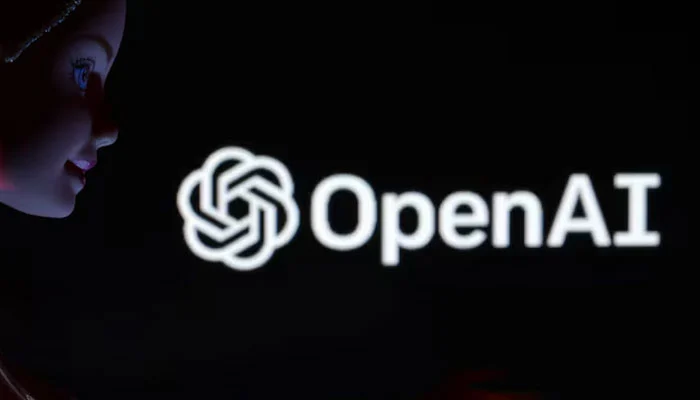Select Language:
OpenAI has announced the launch of Sora, an AI-powered video creation app allowing users to generate and share AI-driven videos derived from copyrighted material, which can then be posted to social media-like streams. Content owners, including TV and film studios, can choose to opt out of having their work appear in Sora’s video feeds, reflecting a policy similar to OpenAI’s previous stance on image generation.
This new copyright policy is expected to stir controversy within Hollywood. Over recent weeks, OpenAI has engaged in discussions with various copyright holders about this policy. Reports indicate that at least one major studio, Disney, has already opted to exclude their material from appearing in the app.
Earlier this year, OpenAI urged the Trump administration to classify AI model training on copyrighted content as within the bounds of “fair use” under copyright law. The company argued that applying fair use to AI is crucial for maintaining US competitiveness and national security, warning that without it, American AI firms risk losing their edge to competitors in China.
OpenAI has implemented safeguards to prevent unauthorized use of individuals’ likenesses, including public figures. Users can’t utilize the likenesses of public figures or others without uploading their own AI-generated videos and obtaining permission. One such safeguard involves a “liveness check,” where users must move their heads in various directions and recite a random string of numbers. Draft videos involving a user’s likeness are viewable only after they upload an AI-generated version and give consent.
Videos created within Sora are capped at 10 seconds. The app features a tool called Cameo, which allows users to produce highly realistic AI versions of themselves and insert these into AI-generated scenes.
Morgan Stanley analyst Brian Nowak noted that companies like OpenAI compete to capture user attention and influence consumer behavior. He views Sora as a direct rival to established social media and digital content platforms such as Meta, Google, TikTok, and others.






